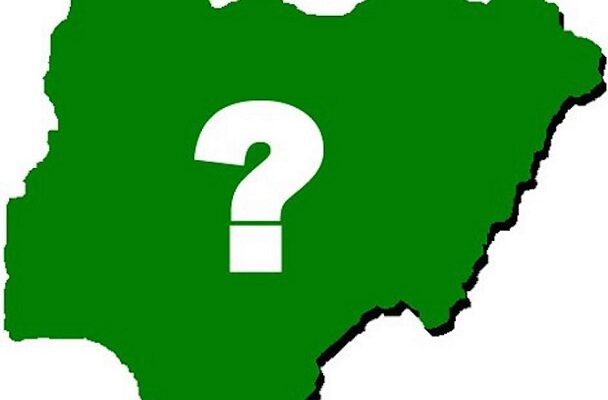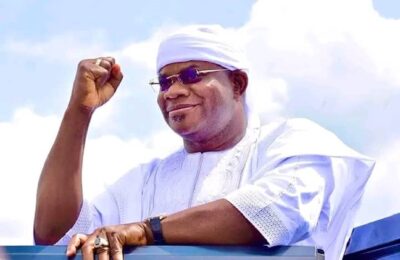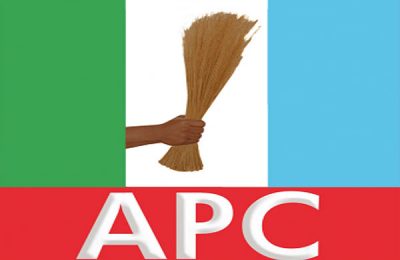In the intricate geometry of national identity, memory is not nostalgia—it is political oxygen. But Nigeria, once lionized as the giant of Africa, suffers from an acute historical deficiency: a cultivated, systemic forgetfulness that renders each new generation orphans of their own origin story. What remains is a nation that fumbles in the ruins of her past, re-inventing failures with aesthetic fervor, re-electing ghosts wearing modern garments. Nigeria has lost her political memory—and with it, her national compass.
The tragedy is not merely that Nigeria forgets; it is that she refuses to remember. As the Cameroonian philosopher Achille Mbembe rightly warns, “To forget is to bury the possibility of justice.” Political amnesia does not merely erase—it distorts. In Nigeria, the deliberate silence around watershed events such as the Fulani- Herdsmen killing, the annulment of June 12, the carnage of Odi and Zaki-Biam, and the authoritarian crescendos of the military years, has normalized a culture of impunity. There are no institutional memory banks; only fragments and folklore. Each regime is baptized in forgetfulness, and so history is not a guide—but a ghost.
According to renowned French theorist Michel Foucault, “Power produces knowledge… and knowledge, once constituted, assumes the authority of truth.” But when history is dislocated from its context, and truth is evicted from national discourse, power metastasizes into violence. In Nigeria, the erasure of memory has served as a political technology—a weapon to manufacture acquiescence. Schools are stripped of robust civic education; national archives decay in bureaucratic purgatory. As a result, a generation is born that knows the names of influencers but not that of Obafemi Awolowo or Ken Saro-Wiwa. They chant justice but walk blindfolded into historical traps.
Chinua Achebe once lamented, “The trouble with Nigeria is simply and squarely a failure of leadership.” But embedded in that failure is a deeper crime—the leadership’s refusal to embed the memory of struggle into the national psyche. A nation that forgets its traumas builds monuments on sand. This is why every transition of power in Nigeria feels like déjà vu. The characters change, but the script remains unchanged. Despots are buried with state honors; whistleblowers are erased from textbooks. “Every memory erased is a future betrayed,” wrote South African intellectual Pumla Gobodo-Madikizela. In Nigeria, the betrayal is ritual.
Biblically, the consequences of amnesia are spiritual as much as political. “Remove not the ancient landmark, which thy fathers have set,” (Proverbs 22:28) is not just a command—it is a covenantal warning. Pastor E.A. Adeboye once stated, “No generation appears by accident—each inherits the prophecies or errors of the previous one.” Nigeria’s youth, deprived of historical grounding, are rich in rage but poor in root. They protest without knowing who protested before them. They cry for change without learning the contours of the battles already fought—and lost.
The Nigerian elite weaponize this historical dislocation. As Paulo Freire warned in Pedagogy of the Oppressed, “The oppressors’ power lies in their ability to control the narrative of history.” Thus, state actors manipulate memory for political advantage. They rename airports, erase commissions, rewrite timelines. They treat historical trauma as mere administrative error rather than moral indictment. Political thinkers like Hannah Arendt emphasized the danger of this: “The most radical revolutionary will become a conservative the day after the revolution.” Nigeria’s revolutions have no memory—and so they simply repeat.
Apostle Johnson Suleman captures this in spiritual lexicon: “A nation that buries her scars will keep bleeding in secret.” And bleed we have. From the North-East’s insurgency to South-East separatist agitations, from ethnic profiling to intergenerational poverty—the symptoms all trace back to an erasure of moral memory. Gbile Akanni solemnly warned: “You cannot govern a people you do not understand—and you cannot understand a people you refuse to remember.”
The road to national healing is paved in archives and altars. We must reclaim our stories—not to idolize the past, but to interrogate it. As George Santayana declared, “Those who cannot remember the past are condemned to repeat it.” But remembering must go beyond dates and anniversaries—it must become institutional. The Truth and Reconciliation process in post-Apartheid South Africa, the Holocaust memorials in Germany, the genocide museums in Rwanda—all illustrate the power of curated memory to foster justice and prevent recurrence.
In Nigeria, we must establish memory commissions, rebuild our archives, and integrate political history into basic education. Let churches and mosques become temples of remembrance, teaching not just faith, but the nation’s ethical journey. Bishop David Oyedepo asserts, “Where memory is lost, destiny is hijacked.” It is not enough to pray for change; we must remember our way into it.
Finally, as Nigerian-American writer Teju Cole observed, “There is no nation without narrative. If the story disappears, so too does the nation.” Let us then tell the story—not just the one of glory, but of grief; not just of victors, but victims. And let us teach it, institutionalize it, and guard it with the zeal of worship. For only in remembering can Nigeria stop circling its wilderness and begin its journey to Canaan.
– Inah Boniface Ocholi writes from Ayah – Igalamela/Odolu LGA, Kogi state.
08152094428 (SMS Only)




